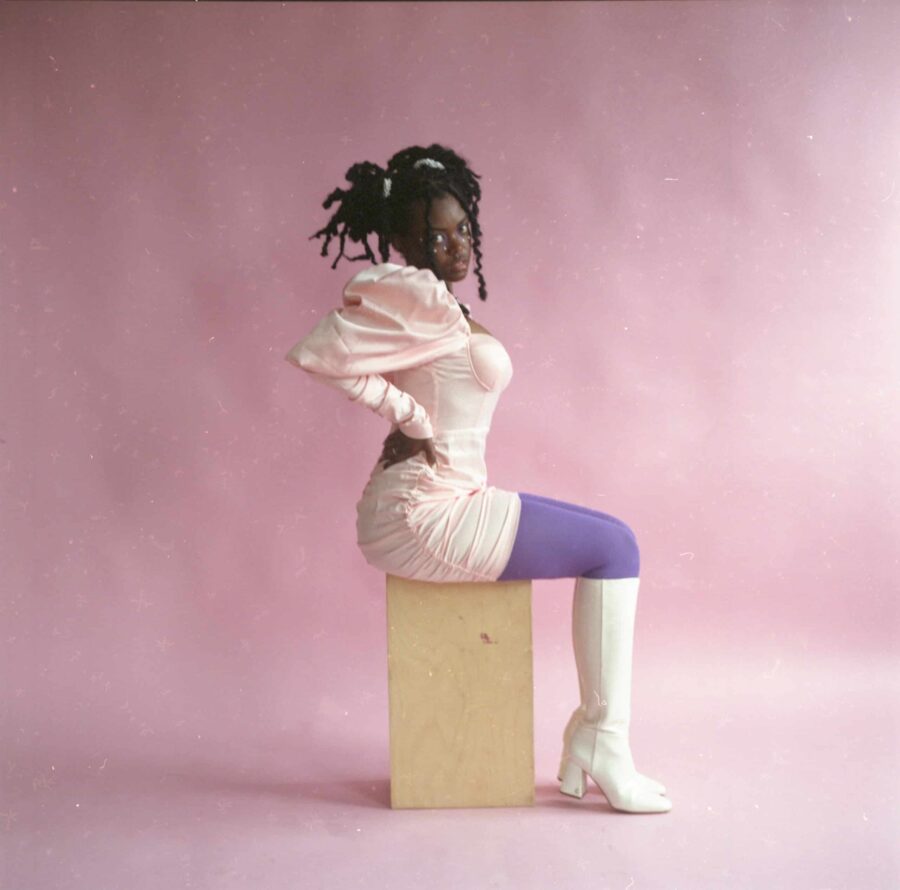Across a large majority of the North American continent, there are four definitive weather seasons: spring, summer, fall, and winter. While they generally go by these more traditional names, I like to call them Solace, Summer, I Miss Summer, and Horrible Depression.
Many people, with numbers increasing the further away from the equator they live, get sad during this cold time of year. Why? Our hours spent with sunlight diminish, our mobility becomes limited (forcing us to rely on crappy metropolitan transit systems rather than our feet or our bikes), and our motivation to do anything—even something as simple as buying groceries or bathing—begins to fade.
Seasonal Affective Disorder (or, more appropriately, SAD), messes with the lives of around 6% of Americans every year. Some estimates suggest that as many as 10 to 20% of the population suffers from a mild form of SAD. Creatives may be especially susceptible, given that our work often requires long hours and flexibility, coupled with a big dose of uncertainty. Working as a creative can be tough even when the weather’s amazing, let alone when it’s -4°F outside.
So what can we do to arm ourselves for the tough winter ahead? As a creative professional about to embark on the cold season, I turned to my creative peers to learn how they cope with the winter blues. Here are their suggestions.

1. Take your supplements.
Whether it’s B12 for stress, melatonin for sleep, 5HTP (which engages your brain’s serotonin and melatonin reactors), Omega-3 (which is good for brain health and metabolism), or Vitamin D drops to make up for the lack of sun you’re getting, it’s important to make sure you’re getting adequate vitamins when it’s cold to make up for reduced sun exposure and exercise.
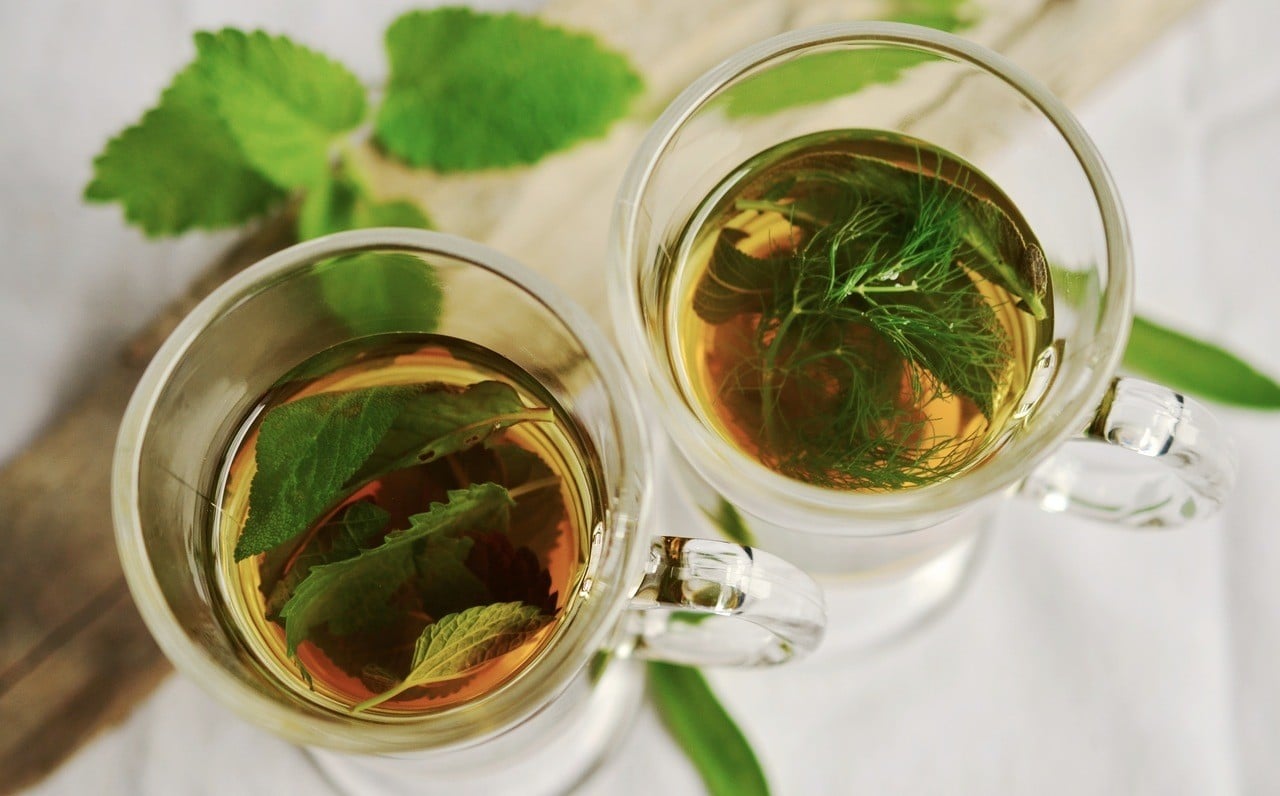
2. Drink tea.
Similar to supplements, black, yellow, white, green, and red teas contain the amino acid L-theanine, which research has shown tempers anxious thoughts. Matcha green tea contains an especially large dose, offering a focused energy similar to caffeine without the jitters. I drink it instead of coffee.
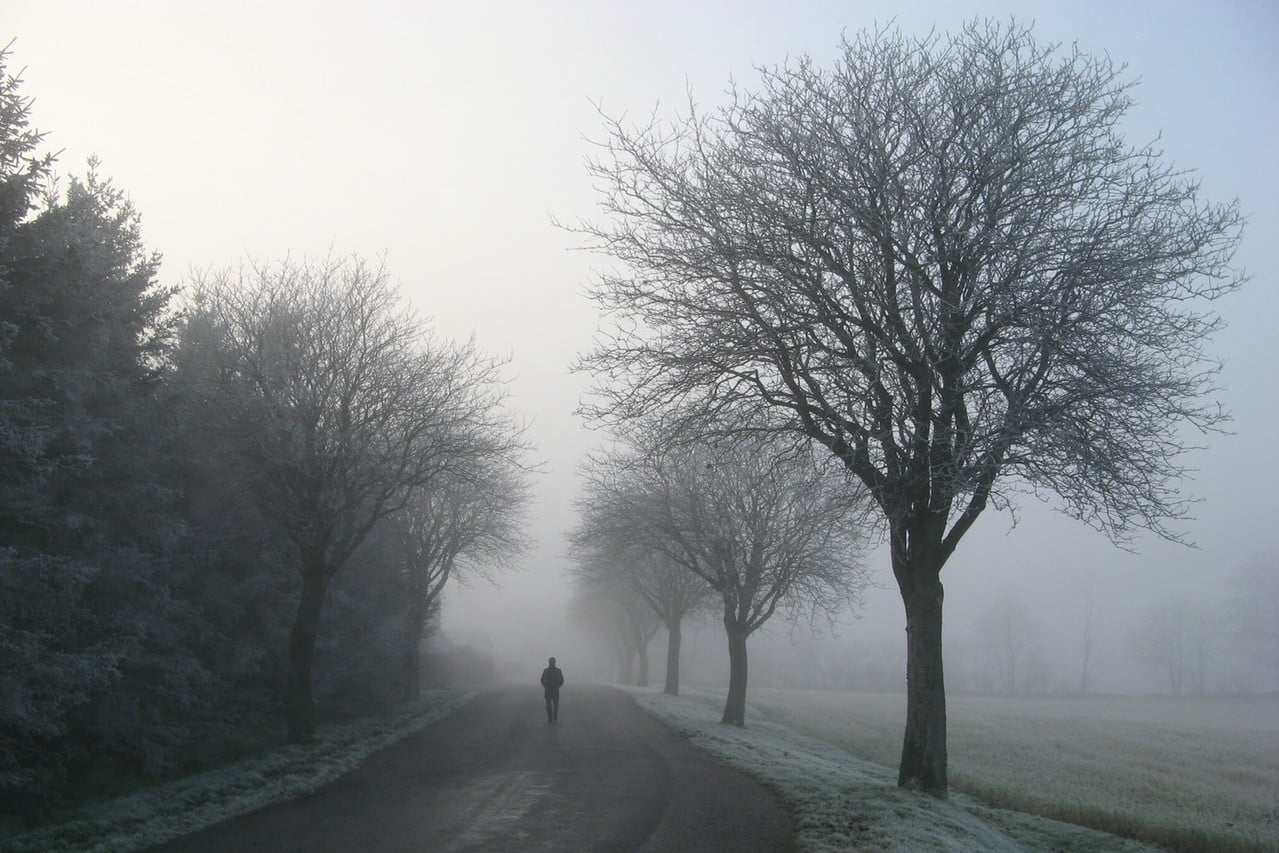
3. Get a light therapy lamp.
Many of my creative friends swear by this one, insisting it makes all the difference during the winter months. Many affordable options are available on Amazon, but consider picking up one by Etsy art collective UV Production House so you can art while you health.

4. Eat well.
When you’re stuck in your house and it’s cold outside, there’s nothing better than cooking and baking. Try to include as many green foods as possible if you have access to them. This is a really good time to make a million soups. Make these cookies. They’re the best.

5. Hang out with animals.
Recent research suggests that the pain of mental illness is lessened when you’ve got a pet. If you can’t get one or don’t have one, find a friend who does. You can also visit local animal shelters just to say hello.

6. Exercise.
I know this one seems obvious, but exercise releases endorphins, making people feel calm and happy—while also offering a confidence boost. Furthermore, your approach need not be fancy or expensive. Do YouTube yoga. Make a really good playlist, put on a warm coat and good boots and walk to work.

7. Dress warmly.
Again, this seems obvious, but when it’s cold, dress appropriately. Flannel-lined jeans, down-filled jackets, comfortable and warm boots, and the hat/scarf/gloves combo are all required. Get a warm blanket for your bed too.
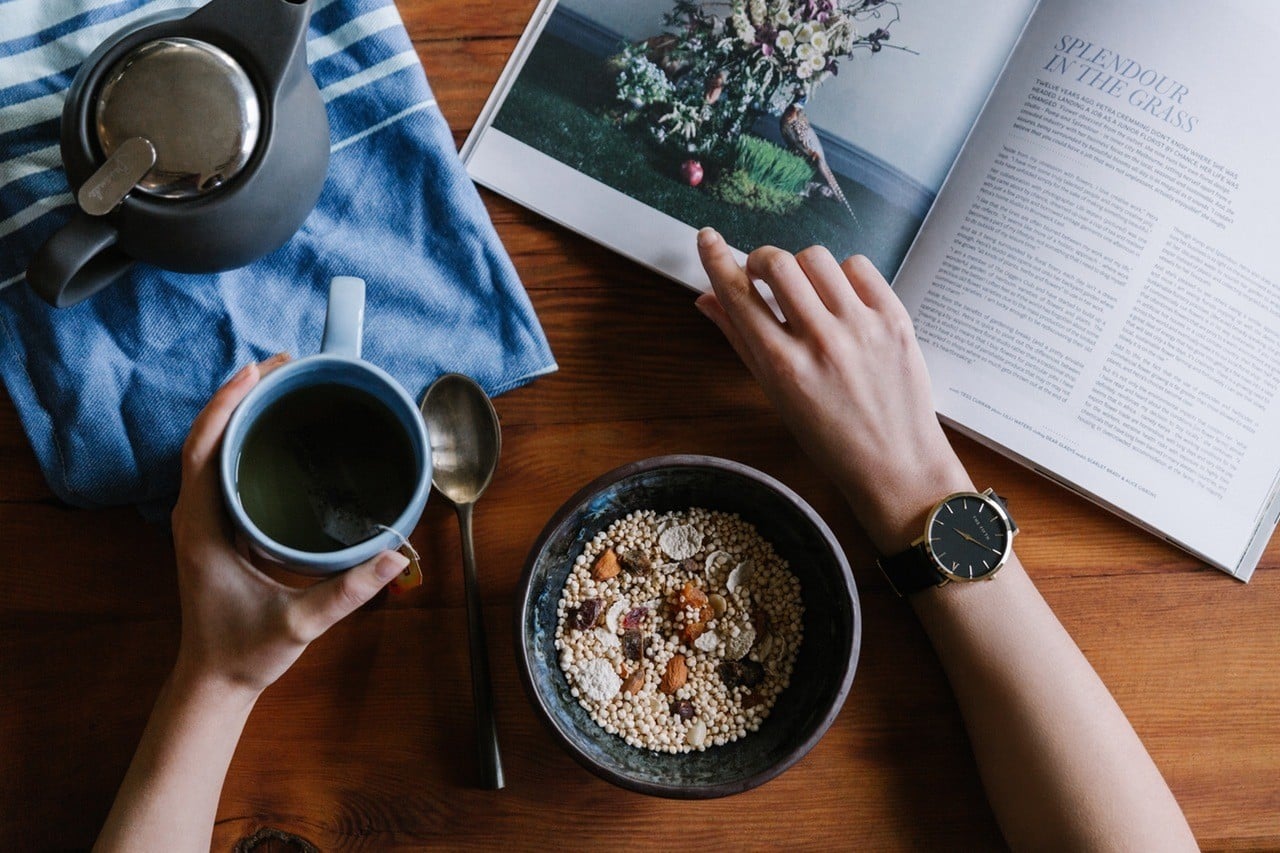
8. Create rituals that make your days feel special.
Give yourself two hours to get up instead of one, and drink nice coffee in the morning. Buy nice face cream. Head to a beloved spa once per month and take advantage of a sauna or steam room. Give yourself the spa treatment at home every Sunday, which should include head-to-toe exfoliation. Make homemade face masks by mixing what you have around. I like avocado oil, honey, and rose water.

9. Keep your home clean.
Even though it’s tempting to jump straight onto Netflix when you’re rolling home from the studio, try to force yourself to spend 20 minutes a day tidying and cleaning.
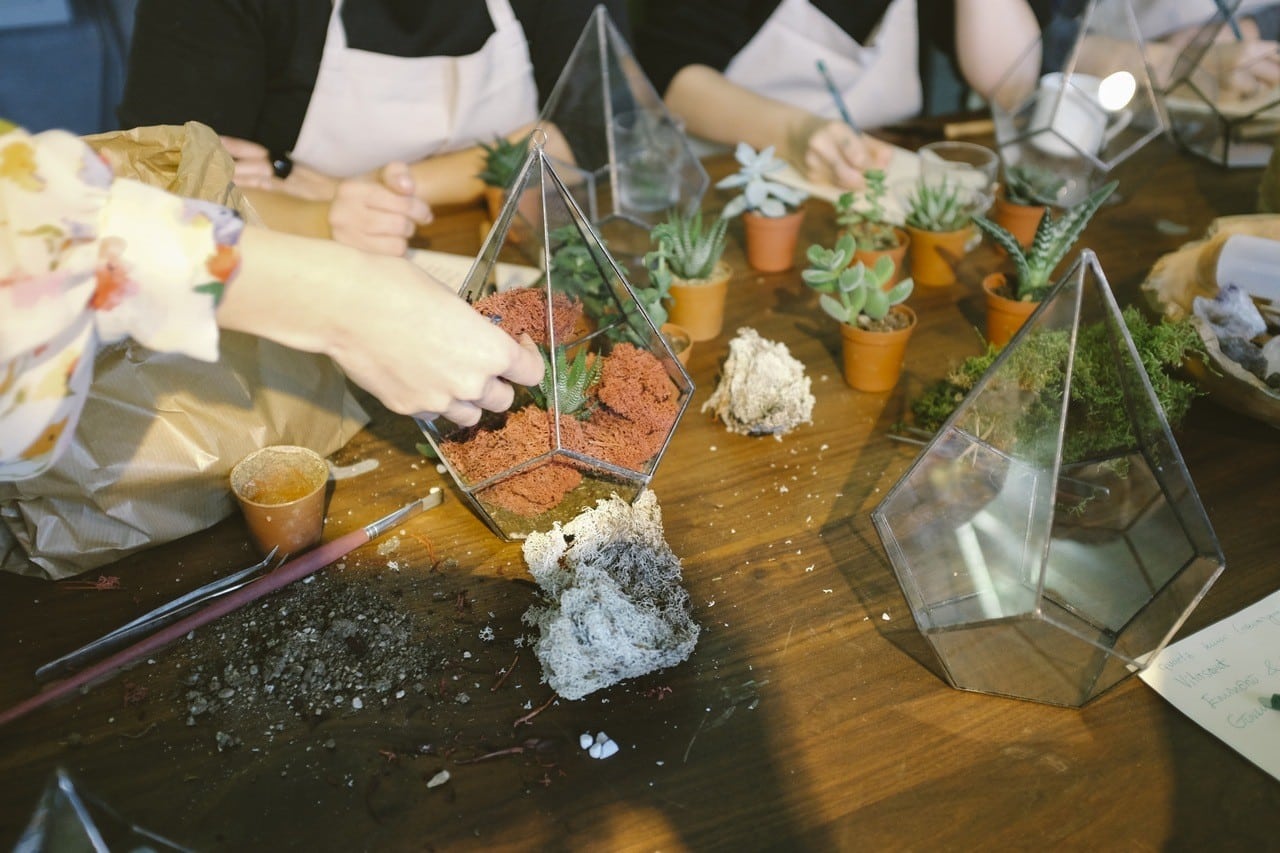
10. Get creative.
Make a project associated with your sadness.

11. Try something weird.
Many of the creatives I talked to said they found various different forms of therapy helpful, from acupuncture to sensory deprivation chambers to light therapy tanning beds. Doing something you’ve never done before is good for memory, so grab a friend or family member and try something new.

12. Volunteer.
According to a lot of research, helping others is one of the best ways to ward of depression and loneliness. The social side of volunteering makes you feel connected, and altruism breeds confidence. Even if you can’t physically volunteer, consider looking into providing support for charities based on your skill set, as many need help with social media or PR.
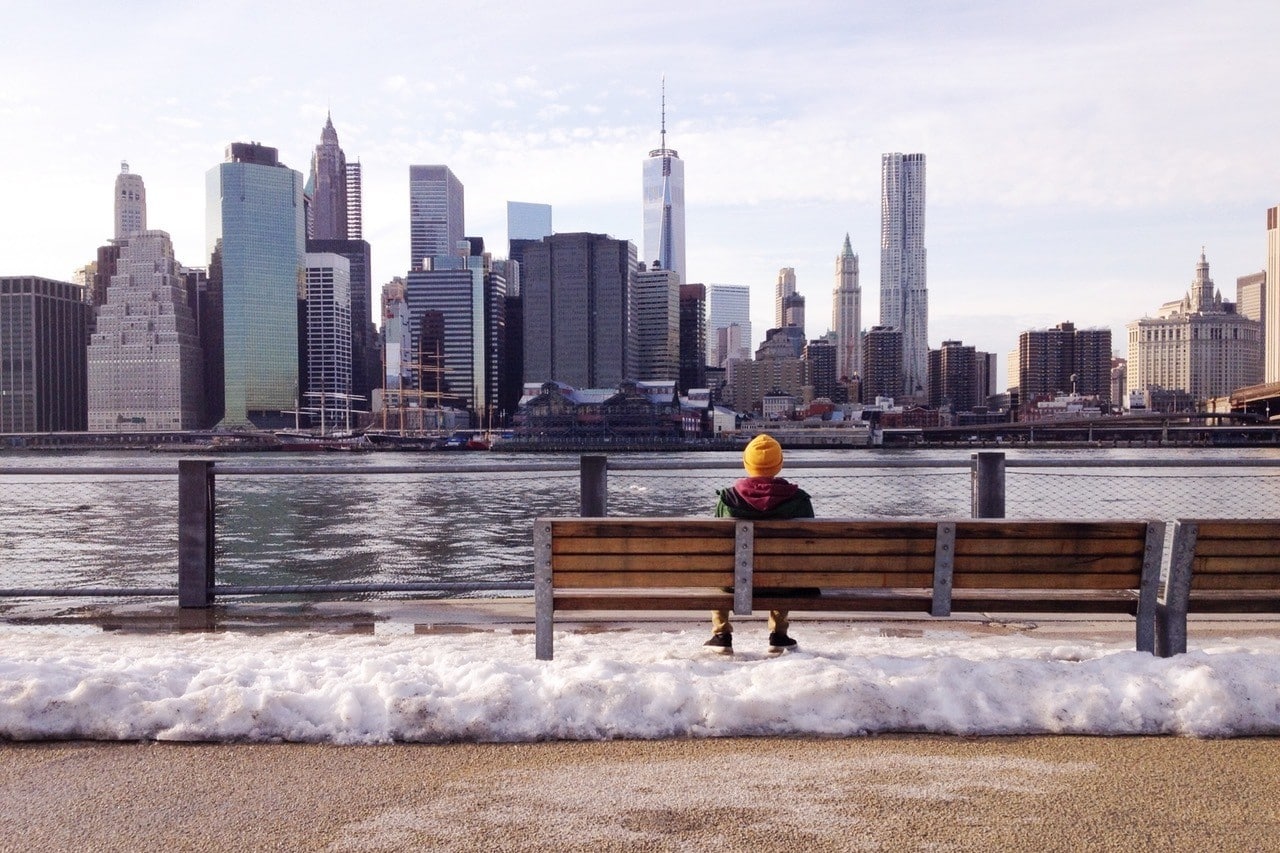
13. Make yourself accountable to making yourself feel better.
Consider involving your friends or family in your winter health, encouraging them to join you in your endeavours and check up on you. However, make sure that you remain kind to yourself even if you cancel on plans.
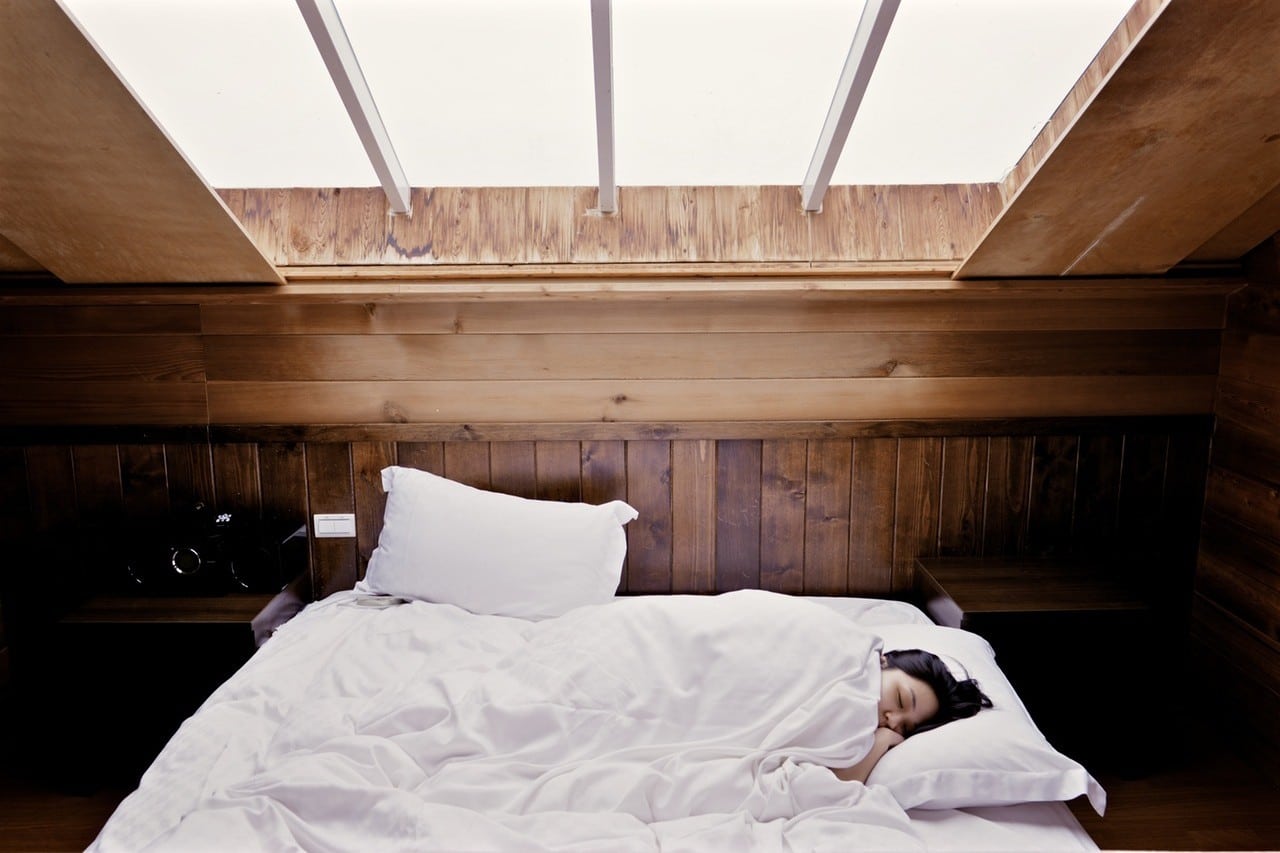
14. Say no to work, if you can.
While we all know that the economic future seems uncertain, if you can unload a bit of your workload, try to. Don’t work for free. Give yourself full days off. You deserve it.

15. Consider quitting drinking.
While fun, alcohol can have major psychological effects when you’re already down. Drinking might seem like it lifts your mood, but it can actually exacerbate feelings of sadness. Many tend to turn to their favourite drinks and drugs as a way to self-medicate, creating a perpetual cycle of ups and downs. Consider trying to cut back.
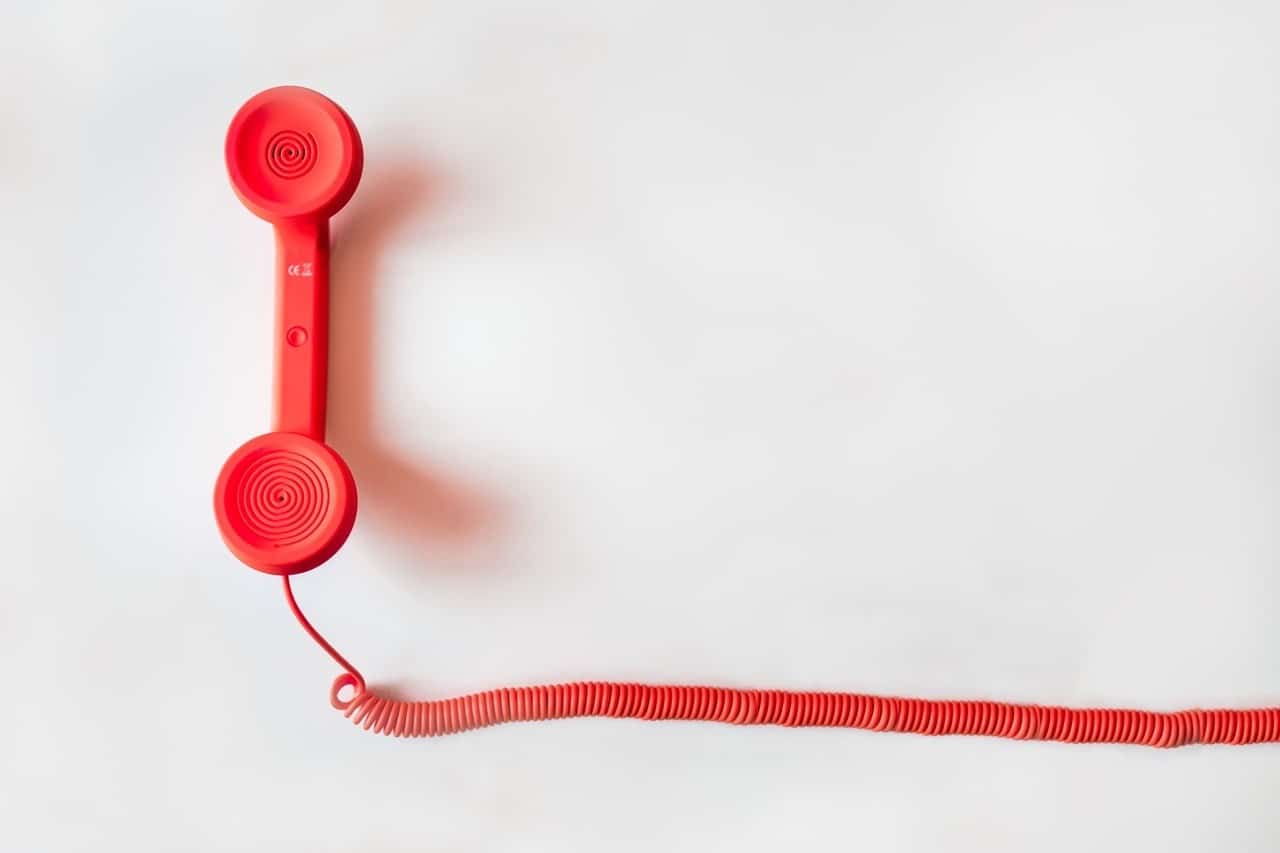
16. Talk to your doctor or therapist.
If you’re feeling the symptoms of depression (decreased energy, fatigue, feelings of anxiety and despair, avoidance of social situations, suicidal thoughts), it’s a good idea to head to your doctor or therapist to ensure that you’re healthy. If you’re feeling suicidal, call your local crisis centre for help. Find one here.






